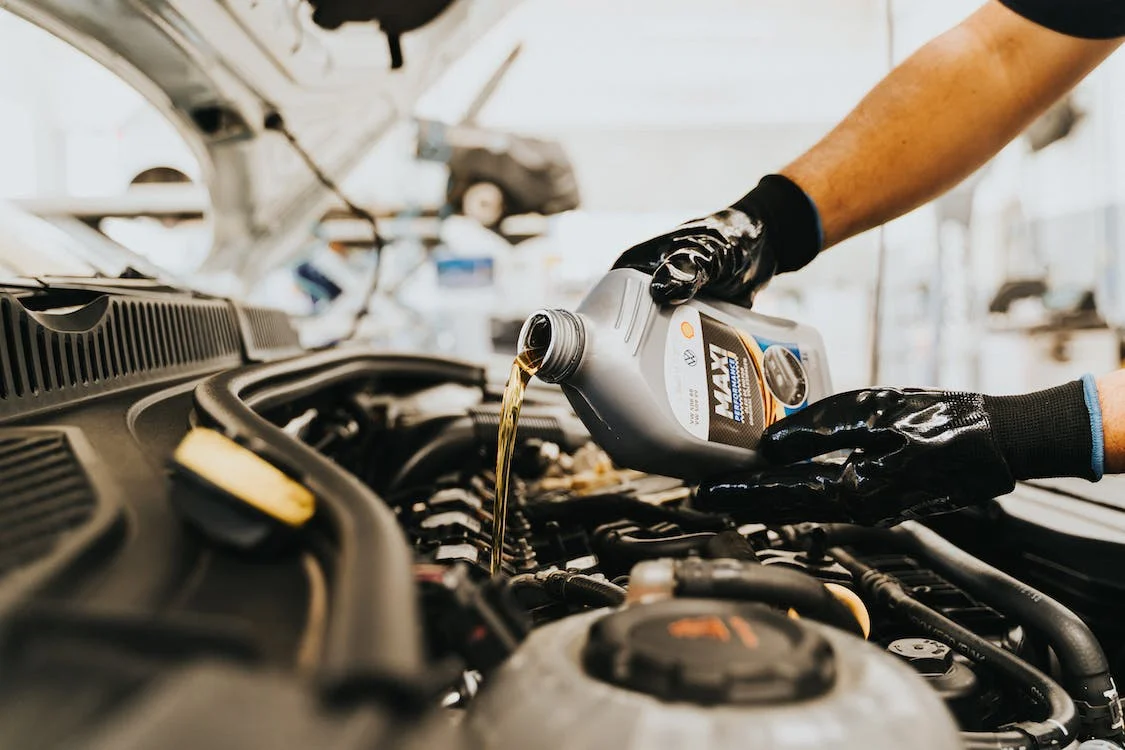Did you ever encounter driving in the middle of the night and then your car urges you to change the oil? That is necessary to keep moving and extend the lifespan of its engine. The oil helps to clean the engine for more road trips which is also worth investing in.
How Does Engine Oil Work?
The engine may develop friction over time. Therefore, cleaning the parts using lubricant can help to reduce any possible risks when driving the car.
Motor or engine oil is a mixture of oil and certain additives. There is a higher percentage of base oils coming from natural gas or crude oil. To name a few of the additives include antioxidants, detergent, and friction modifiers.
It is meant to cool down the engine from contaminants to deliver a better performance. Modern engine oil guarantees the right viscosity and prevents wear and tear after a couple of uses.
About Synthetic Motor Oil
Old manufacturers of engine oil used animal and vegetable oil back in the1800ss. This has evolved in the latter years with the use of crude oil.
Through the new technology, they invented synthetic oil that performs better than any type of motor oil. It can resist oxidation both in high and low temperatures.
The very first synthetic oil was out of natural gas. It is more complex to produce but offers a lot of benefits. It is free from impurities unlike other oil sources and is open for innovation.
Synthetic motor oil works in various ways but the main function is for lubrication. For that reason, the engine won’t experience wear and tear in a short period as the oil helps eliminate dirt and other deposits. It also guarantees fuel efficiency and better engine performance. The element likewise safeguards the emission system of the vehicle.
Types of Engine Oil
The next thing to do is to select the right engine oil for your needs. Here are some other best options to choose from:
1. Synthetic Blend Engine Oil
Living in a place with low temperature makes synthetic blend engine oil an ideal choice. It is a mixture of synthetic and conventional oil that can withstand oxidation.
2. High-Mileage Engine Oil
New car models can function well with high-mileage motor oil. This will reduce oil leaks due to the additives in making the oil. Traveling at a distance would be safer with the use of this engine oil.
3. Conventional Engine Oil
Last but not least, is the most recommended motor oil by the API standards. It offers a suitable viscosity rate for various car engines.
Terms That You Should Know
All of the terms in automobiles must be clear to every user for added safety. These include:
1. Oil Viscosity
Oils can be thin or thick which determines the viscosity level of the said element. Viscosity means the flow of oil at a specific temperature level wherein the overall performance of the engine relies.
Thicker oil is best used in higher temperatures to support heavy loads while thinner oils prevent friction.
Checking on the viscosity index matters in choosing engine oil to ensure proper use.
2. Motor Oil Grade
This is the rating system when looking for motor oil. The right viscosity rating for every car is indicated in the manual. You won’t be second-guessing what your car needs as there are also symbols to keep you guided.
Signs That Engine Runs Out of Oil
A damaged engine is the worst thing that could ever happen if it runs out of oil. Thus, monitor the level of engine oil on the dashboard at all times. Other signs include:
1. Rumbling Noise
Everything is okay when the engine is quiet. However, you will hear a sound if it needs to be lubricated.
2. Oil Leak
When you begin to smell the oil from the vehicle, there might be an oil leak. This also indicates changing oil.
3. Smoke
A faulty engine will release smoke. It is easy to differentiate from normal car vapor.
4. Darker Oil Color
Oil should be translucent and if not, it is contaminated and needs an oil change.
5. Increased Mileage
An oil change is necessary at least every three months, depending on the car’s mileage. Reaching the mileage limit will require changing the oil to avoid problems.
Why Changing Oil Matters?
Motor oil is a vital element that prevents damage to engine parts. It ensures a smoother ride if the parts are well-lubricated.
Changing oil is crucial for the overall performance of the vehicle. Its purpose is to remove contaminants that can wear out the engine.
The best timeline for an oil change depends on many factors, such as the oil type and mileage. Modern vehicles provide an indicator for the next oil change. Nonetheless, you can ask manufacturers how often your car needs an oil change to avoid overlooking the need.
Conclusion
To summarize, changing engine oil must take place regularly for better road experiences. There are visible signs when an oil change is necessary. One thing to note is that the right motor oil can prevent damage to engines, so choose which is most suitable for your car model.
Manufacturers like supertech oil will assist you in finding the best motor oil that meets your car’s requirements. They assure good quality oils at an extremely affordable price.
